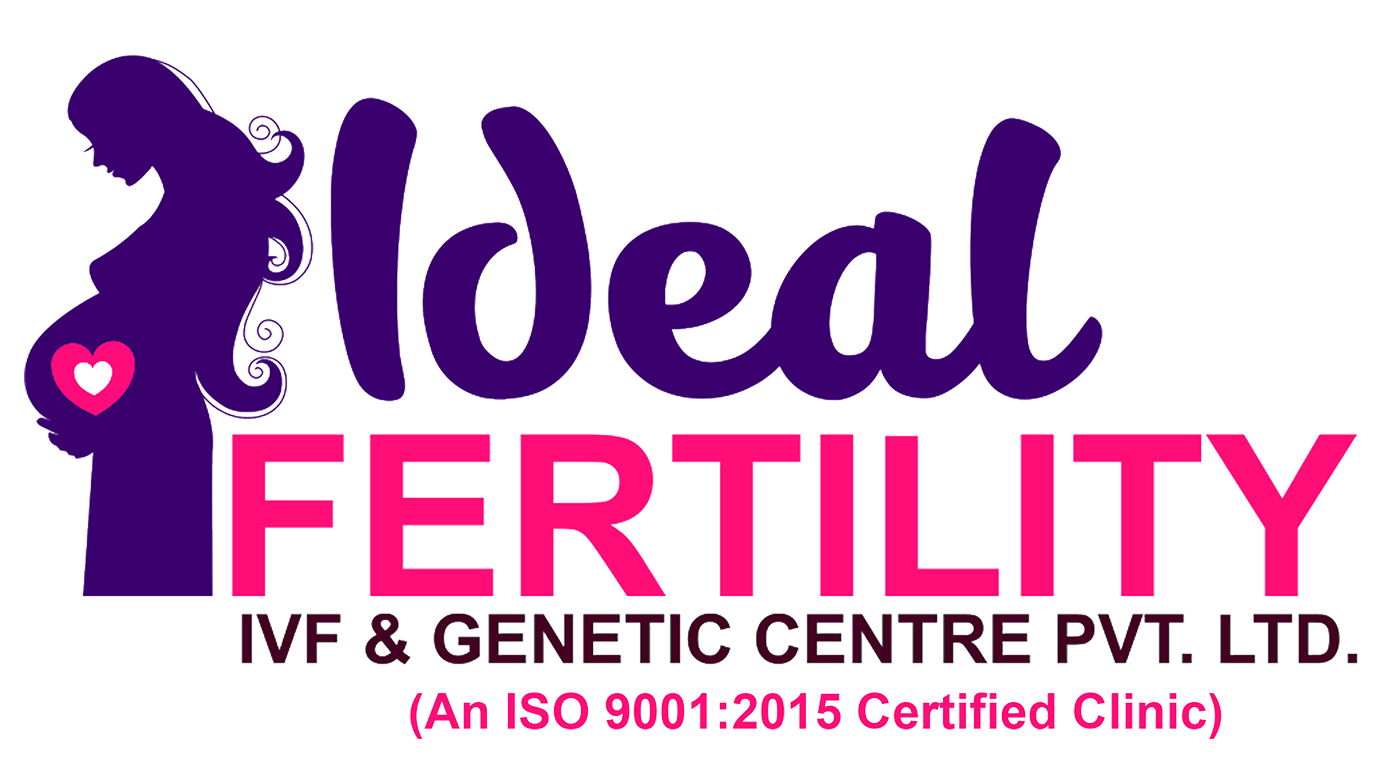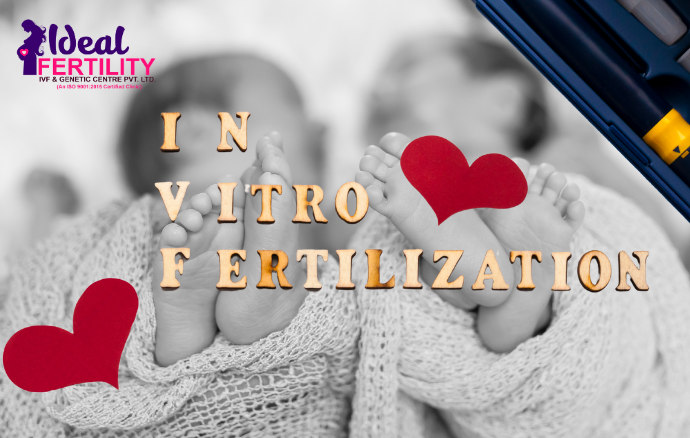Table of Contents
For many couples, the idea of having twins can be both exciting and overwhelming. The thought of bringing two tiny souls into the world simultaneously can be a dream come true. Thanks to advancements in fertility treatments like In Vitro Fertilization (IVF), the likelihood of conceiving twins has become more common. However, with this increased possibility come unique risks and challenges. In this article, we’ll explore how IVF can lead to twin pregnancies, the associated risks, and what you need to consider before embarking on your fertility journey.
Understanding IVF and Twin Pregnancies
IVF is a process in which eggs are fertilized by sperm outside the body in a controlled laboratory environment. Once the fertilized egg, or embryo, has developed, it is implanted into the woman’s uterus. While IVF has been a game-changer for couples struggling with infertility, it also comes with the potential for multiple pregnancies, including twins or even triplets.
The reason behind this is relatively simple: during IVF treatment, more than one embryo is often implanted into the uterus to increase the chances of pregnancy success. This practice increases the odds of a twin pregnancy, as both embryos may implant and develop. Additionally, even if only one embryo is implanted, there is still a small chance that it could split and result in identical twins.
Why IVF Increases the Chances of Twins
Twins are relatively rare in natural pregnancies, with only about 6% of pregnancies resulting in twins without medical intervention. However, IVF increases the chances of having twins to around 25-30%. This significant increase is due to the fact that fertility specialists often transfer multiple embryos into the uterus to maximize the chances of a successful pregnancy. In cases where two embryos successfully implant, the result is fraternal twins.
Furthermore, if one of the implanted embryos splits into two after implantation, it can result in identical twins. While this phenomenon is less common, it can still occur in about 1 in 5 IVF pregnancies, making multiple births a real possibility for couples undergoing fertility treatment.
Can I Request Twins Through IVF?
Some couples may be interested in having twins for various reasons, such as wanting to complete their family in one pregnancy, being of advanced maternal age, or having personal preferences for twins. However, requesting twins through IVF is not as simple as it sounds. While IVF increases the chances of multiple pregnancies, the outcome cannot be entirely controlled.
Fertility specialists consider several factors before deciding how many embryos to transfer. These factors include:
- Age: Women over the age of 35 may have more embryos transferred due to lower chances of pregnancy success, while younger women may be advised to transfer only one embryo to avoid the risks of multiple pregnancies.
- Medical History: A couple’s previous medical or fertility history can influence the number of embryos transferred. For example, couples with a history of failed IVF attempts may opt to transfer more embryos.
- Health Conditions: Certain health conditions, including family history of twins, can affect the likelihood of twin pregnancies.
Ultimately, the decision to transfer one or more embryos is made with the goal of maximizing the chances of pregnancy while minimizing the risks associated with multiple births.
The Risks of Twin or Multiple Pregnancies
While the idea of having twins can be thrilling, it’s important to understand that multiple pregnancies come with increased risks for both the mother and the babies. IVF pregnancies already require careful monitoring, and twin pregnancies, in particular, demand even more medical attention to ensure the health and safety of everyone involved.
Risks for the Mother
A twin pregnancy places additional strain on the mother’s body. Some of the most common risks include:
- Preeclampsia: This condition, characterized by high blood pressure, can develop more frequently in twin pregnancies, leading to complications if not carefully managed.
- Gestational Diabetes: Women carrying twins are at higher risk of developing gestational diabetes, which can affect both the mother and the babies’ health.
- Increased C-section Rates: Twin pregnancies are more likely to result in a Cesarean section (C-section) due to positioning or complications during labor. A C-section requires a longer recovery period for the mother.
- Placental Abruption: In twin pregnancies, there’s an increased risk of the placenta separating from the uterus before delivery, which can be dangerous for both the mother and babies.
Risks for the Babies
Twins and other multiple babies are also more likely to face health challenges, such as:
- Preterm Birth: Twins are more likely to be born prematurely, which can lead to underdeveloped organs and an increased risk of health issues in the early weeks of life.
- Low Birth Weight: Twins often weigh less than singletons, which can cause complications such as breathing difficulties and developmental delays.
- Intrauterine Growth Restriction (IUGR): This condition occurs when one or both twins do not grow at the expected rate inside the womb, potentially leading to health problems.
- Twin-to-Twin Transfusion Syndrome (TTTS): This occurs when identical twins share a placenta, leading to an unequal blood supply between the two babies. TTTS can cause severe complications and requires specialized medical intervention.
Reducing the Risks: Single Embryo Transfer
Given the potential risks associated with twin or multiple pregnancies, many fertility clinics now recommend single embryo transfer (SET) for women undergoing IVF. With SET, only one high-quality embryo is transferred into the uterus, reducing the likelihood of a twin pregnancy while still offering a strong chance of success.
SET helps reduce the risks associated with multiple births and is especially recommended for younger women or those with a good prognosis for successful IVF. However, for women over the age of 35 or those with previous IVF failures, transferring more than one embryo may still be considered to improve the chances of pregnancy.
The Benefits of Twins
While twin pregnancies come with added risks, they can also offer benefits for some families. For couples who desire more than one child but want to avoid multiple pregnancies, having twins can be an efficient way to grow their family. Twins share a unique bond and companionship that begins from birth, providing them with a built-in friend throughout life. As they grow, parents may find that twins require less attention individually, as they often entertain and support each other.
However, it’s essential to weigh the potential benefits of twins against the increased risks and challenges that come with carrying and caring for two babies simultaneously.
Conclusion: Is Twin Pregnancy Right for You?
IVF offers couples struggling with infertility a promising chance to achieve their dream of parenthood. While the possibility of conceiving twins through IVF is higher than through natural pregnancy, it’s important to remember that multiple pregnancies come with added risks that should not be overlooked.
Before making any decisions, it’s essential to consult with a fertility specialist who can assess your medical history, fertility goals, and overall health to create a treatment plan that’s right for you. While twins may be a dream for some, ensuring a healthy pregnancy and delivery should always be the top priority.
At Ideal Fertility, our experienced team is committed to helping you navigate your fertility journey safely and successfully. Whether you’re seeking to grow your family with twins or simply want to explore your IVF options, we’re here to provide the expert care and support you need every step of the way.

